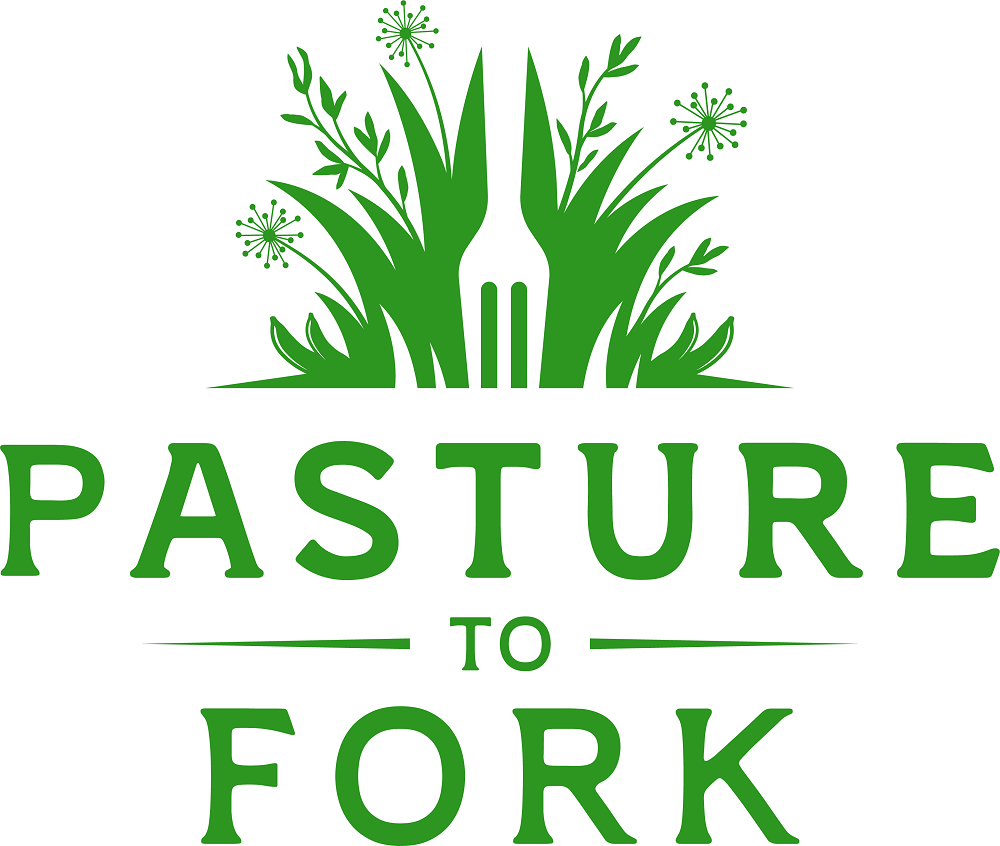citric acid free
Did you know that the vast majority of meat on the market in the United States has been sprayed with citric acid? USDA slaughterhouses must--per USDA guidelines--use a disinfectant to wash down carcasses after slaughter, and the go-to disinfectant is citric acid. While there is an allowance made to substitute citric acid with apple cider vinegar, it seems only the smaller more-customer-friendly USDA plants are even interested in using this alternative. But citric acid is not only used at slaughter, most butchers and meat markets also use a citric acid solution on cuts of fresh meat as a color preservative.
This brings us to the question of, what is citric acid? Originally, citric acid was a natural compound made from lemon juice, usually imported from Italy. But proving to be an excellent preservative, this of course was not a reliable or efficient source given the amount of fruit (not to mention cost) required to make a relatively small amount of citric acid. This led, of course, to the "discovery" of manufactured (synthetic) citric acid, which has no connection to citric fruit. Being a natural skeptic, especially of manufactured foods, I'm suspicious that the manufactured product dubbed citric acid, having no real connection to natural citric acid, is labeled as such to further consumer confidence.
Synthetic citric acid is a manufactured product commonly used as a food preservative or flavor enhancer and is made from using the black mold Aspergillus niger. This particular strain of black mold is a mutant strain, which is to say it has mutated from its parent stock and is a bit of a wild card. The mold is then fed sugars which are derived from corn (corn syrup) and unless it is specifically labeled as non-GMO, it is usually made from genetically modified corn. Thus, we have both the mold and the GMO allergens in one neat package. Yum! Does this sound like something we want sprayed on our foods?
As I mentioned earlier, USDA guidelines allow for the use of apple cider vinegar to replace citric acid, but only for red meat. This means any and all chicken or turkey that is processed USDA, organic or otherwise, is sprayed or soaked in citric acid, which probably accounts for upward of 98% of all chicken consumed in the United States.
While researching for this article and finding what I did about manufactured citric acid being derived from black mold, the question came to mind if perhaps this is the reason why so many mold allergens exist today. It has boggled my mind as to why so many of my generation cannot abide in these old stone homes, for example, (due to mold) that their parents and grandparents lived in for many years with no problems. Esther and I have asked this question many times, why has mold become such a great health challenge today, when it didn't seem to affect previous generations? Is it due to a weakened state of health in the younger generation? Do strains of mold exist that didn't 10, 20, 30 years ago? Maybe some of both, I don't know. However, I find it plausible that the widespread consumption of a mutant black mold could create an allergen that didn't exist prior to manufactured citric acid. Isn't it reasonable to think that if we eat black mold, we could become allergic to it, and to other strains of mold in our environment that didn't bother previous generations?
Because we've opted out of USDA oversight, we're able to provide meat that has not been sprayed down with citric acid. Of course, this puts us at odds with food police, but we're adamant about avoiding not only GMOs, but any other forms of harmful ingredients in the provenance you trust us with. In addition to not allowing GMOs in the production phase as animal feed, we also eschew it in the butchering and processing phase by using a non-USDA local family-owned butcher whom we have a strong working relationship with. If this puts us on the wrong side of the food police, so be it. We don't know otherwise than to maintain our values, and to provide you with food you can trust.









































